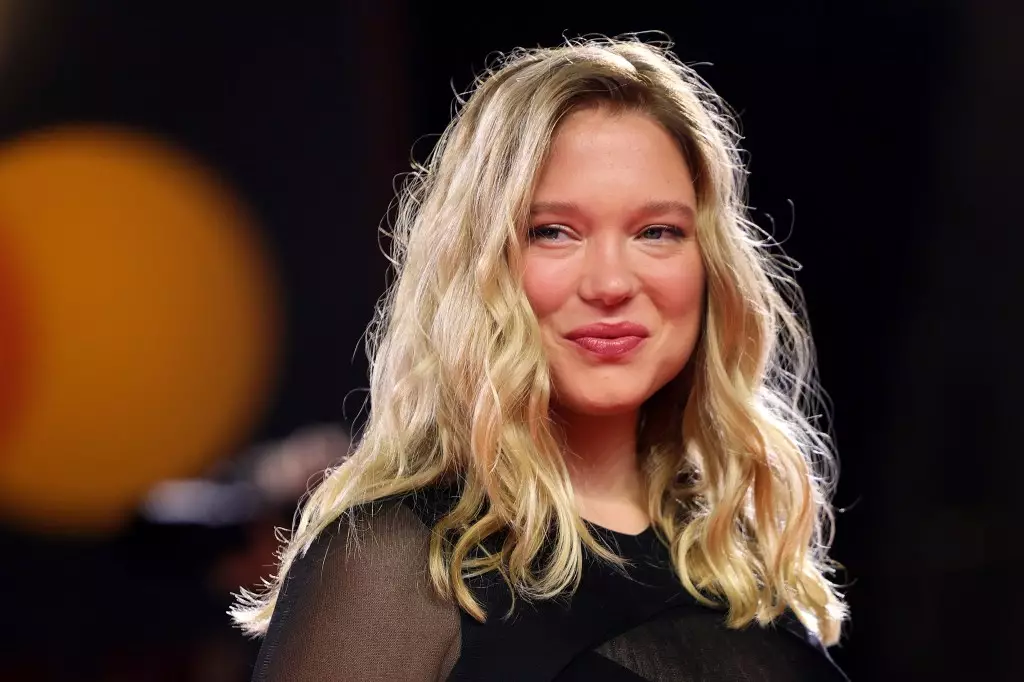In the relentless pursuit of prestige, modern filmmakers often craft narratives that are more about signaling cultural sophistication than delivering genuine insight. The upcoming drama “Gentle Monster,” helmed by Marie Kreutzer, epitomizes this trend. Featuring a star-studded cast—including Léa Seydoux, Jella Haase, and Catherine Deneuve—the project promises to be a visually appealing endeavor but risks falling into the trap of superficial profundity. The premise of a renowned pianist facing terrible truths in rural seclusion offers a familiar tableau, yet one must ask: does this exploration of love, trust, and deception transcend cliché, or is it merely a glossy veneer hiding vacuous storytelling?
Star Power as a Double-Edged Sword
Léa Seydoux, celebrated for her roles in both blockbusters and art-house fare, lends an air of credibility to the project. However, star power can be a double-edged sword; it often amplifies the film’s visibility without necessarily guaranteeing depth. Seydoux’s recent choices—ranging from high-profile collaborations like “Dune: Part Two” to critically acclaimed indies—illustrate her versatility. Yet, her presence can sometimes overshadow the narrative’s substance, turning the film into a vehicle for her acting prowess rather than a compelling story in its own right. The reliance on big names may help funding and marketing but undeniably shifts focus away from authentic storytelling toward star-driven spectacle.
The Mirage of Artistic Prestige in a Commercial Ecosystem
Funding from multiple European production houses and international sales agents signals a clear injection of commercial ambition alongside artistic veneer. The investments by mk2 Films and IPR.VC are motivated, at least in part, by the allure of future festival buzz and prestige, rather than a steadfast commitment to innovative storytelling. This reliance on avalanche financing and festival recognition risks turning cinema into a game of appearances—where the label of “art” becomes more important than the art itself. It’s a troubling trend: a commodification of cultural aspiration that often leaves genuine artistic exploration smothered beneath layers of market-driven priorities.
Is the Pursuit of Artistic Respectability Justified?
The choice of Marie Kreutzer, coming off her acclaimed “Corsage,” indicates an ambition to craft sophisticated historical narratives. Yet, the very notion that a filmmaker’s reputation alone can elevate the artistic worth of a film is fundamentally flawed. Cultural production under capitalism tends to prioritize safe, marketable ideas rather than radical or uncomfortable truths. “Gentle Monster” seems poised to follow this script, offering a story that, while packaged as weighty and meaningful, may ultimately serve as another mirror reflecting society’s obsession with surface-level enlightenment rather than genuine critical engagement. In a climate where art is often co-opted as a branding tool, it’s vital to critically interrogate whether these projects genuinely challenge audiences or merely cater to their desire for aesthetically pleasing illusions of depth.

